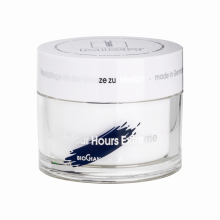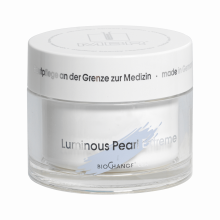Aging and Stress Factor
Stress has been closely linked to the development of age-related diseases and the aging process as well. The stress response is basically a complicated adaptive reaction in the body. Without stress response, the body would not survive, particularly in emergencies such as infection, injury, or immediate danger.
A key factor of stress is that it invokes a rapid mobilization of energy reserves and increases the level of stimulation and fuel to the; brain, muscles, heart, and other vital organs for immediate survival. Basically, stress is a biological overdrive mechanism. It is essential but at the same time can wear down the body. If the stress response isn't strong enough in an emergency situation, the organism either suffers greater damage or even dies. The excessive stress response is also not a good thing as it can be a damaging force in itself, causing disease and a sped-up aging process. Prolonged or excessive stress can raise levels of free radicals, speed up the breakdown of proteins, slow the immune system, and promote burnout in neurons, and so on. Thus, the aging process is directly or directly driven by stress.
Anti-aging products fighting against stress-driven damage
Many studies of animals have proved that there is an optimal level of the stress response. This optimal point can actually be a key to longevity. As we grow older, we slowly lose the ability to maintain an optimal stress response, and we become less adaptable to negative stress-related forces. The lowering of stress resistance can speed up aging. Therefore, stress management and optimization of stress response must be a part of any serious anti-aging strategy.



